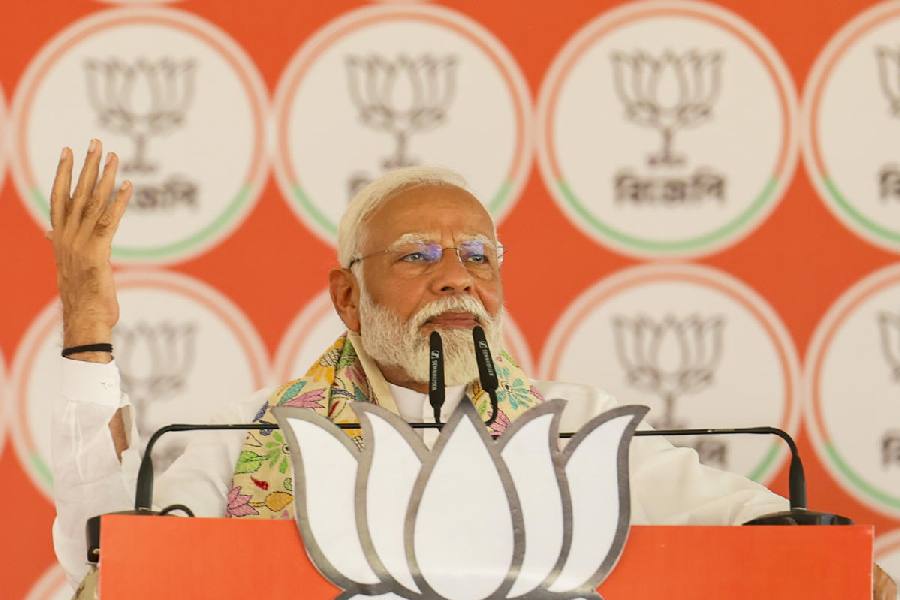The finance ministry on Tuesday said inflation in food items is likely to be transitory as preemptive measures by the government and the arrival of fresh crops will cool prices.
The ministry, however, warned global uncertainty and domestic disruptions pose high risk to inflation in the coming months, requiring constant vigil by the Centre and the Reserve Bank of India.
The consumer price index-based retail inflation spiked to a 15-month high of 7.44 per cent in July, with specific food commodities mainly driving the increase.
"The government has already taken preemptive measures to restrain food inflation which, along with the arrival of fresh stock, is likely to subside price pressure in the market soon. The price pressure in food items is expected to be transitory," the ministry said in its monthly review.
Though food inflation in July is perhaps the third highest since the new CPI series began in 2014, only 48 per cent of food items have inflation of above 6 per cent, and this includes 14 food items with inflation in double digits, it said.
Items such as tomato, green chilli, ginger and garlic witnessed inflation of more than 50 per cent. Hence, the abnormal increase in the prices of certain specific items led to high food inflation in July 2023.
"Tomato prices are likely to decline with the arrival of fresh stocks by the end of August or early September. Further, enhanced imports of tur dal are expected to moderate pulses inflation. These factors, along with the recent government efforts, can soon materialise moderation in food inflation in the coming months," the ministry said.
Going forward, while domestic consumption and investment demand are expected to continue driving growth, global and regional uncertainties and domestic disruptions may keep inflationary pressures elevated for the coming months, warranting greater vigilance by the government and the RBI, it added.
Russia's decision to terminate the Black Sea grain deal, along with dry conditions in major wheat-growing areas, caused the price spike in cereals. While domestic factors such as white fly disease and uneven monsoon distribution exerted pressure on vegetable prices in India, it added.
During July, cereals, pulses and vegetables exhibited double-digit inflation compared with the corresponding period last year. Disruption in domestic production also aggravated the inflationary pressures.
The RBI's interest rate setting committee had earlier this month decided to keep policy rates unchanged and remained focused on the withdrawal of accommodation to ensure that inflation progressively aligns with the target while supporting growth.
The monthly report from the finance ministry's department of economic affairs further said that the agricultural sector is picking up momentum with significant advancement in monsoon and kharif sowing. The procurement of wheat and rice has been progressing well.
Onion plan
In a fire-fighting act, the government on Tuesday said it would procure onions at Rs 2,410 per quintal (or Rs 24.10 per kg) so that farmers earn good profits and sell at Rs 25 per kg to consumers to keep prices stable.
The Centre has started distributing onions in the capital at a subsidised rate of Rs 25 per kg as concerns over rising prices start to mount. Distribution of onions at subsidised rates across major consumption areas will increase from this week, consumer affairs Minister Piyush Goyal told reporters here.










